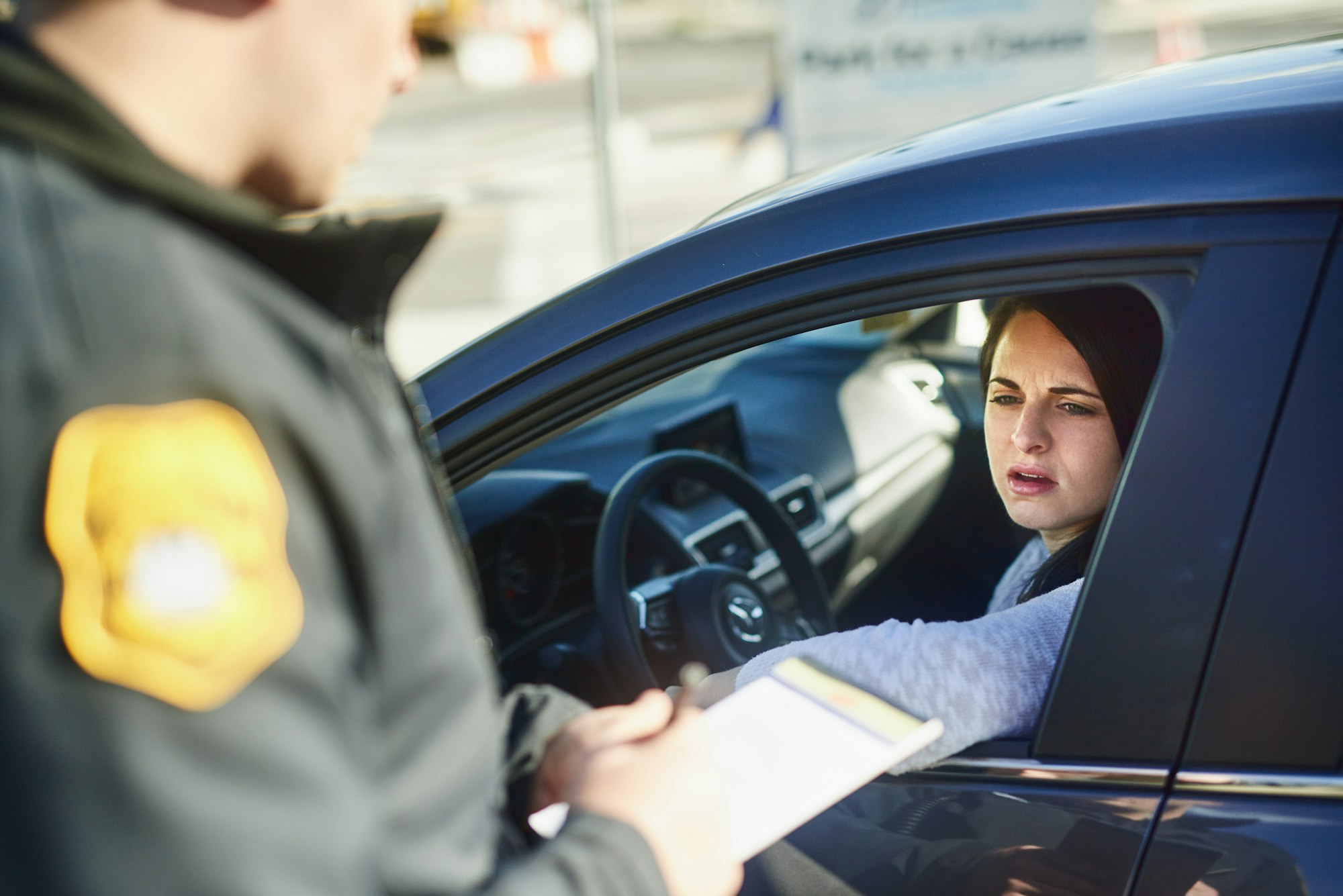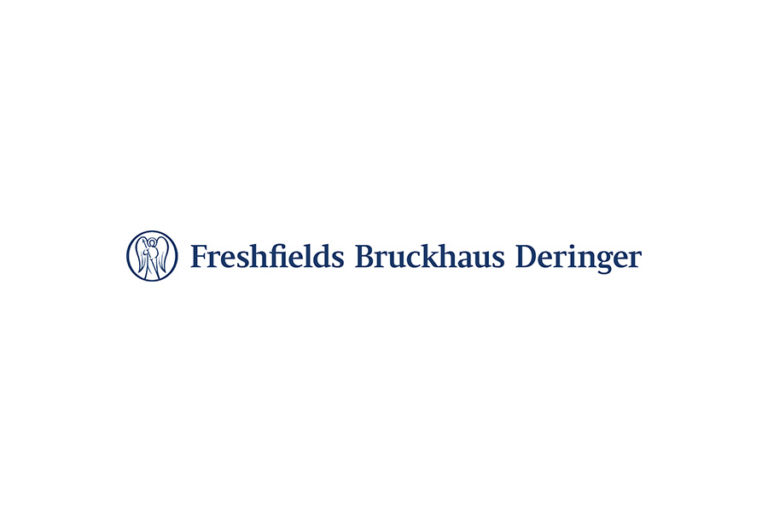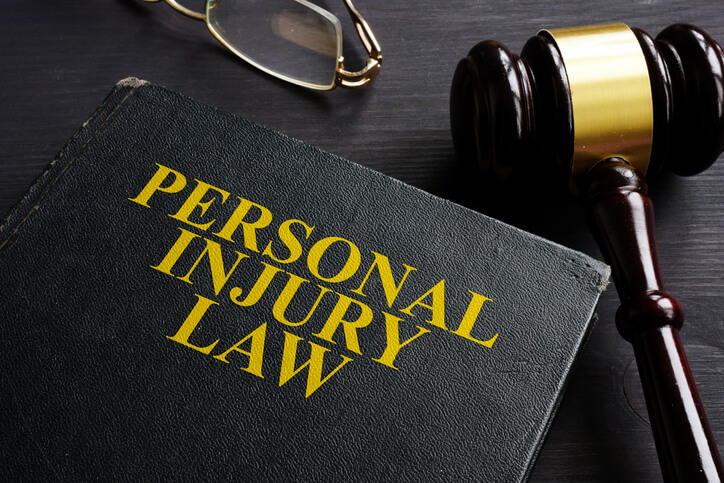Now Reading: Receiving a Speeding Ticket: What Are the Worst Possible Legal Consequences?
-
01
Receiving a Speeding Ticket: What Are the Worst Possible Legal Consequences?

Receiving a Speeding Ticket: What Are the Worst Possible Legal Consequences?
Speeding is one of the most common traffic offenses in the United States and is often seen as a minor infraction. However, the consequences of receiving a speeding ticket can extend far beyond annoyance and a financial penalty.
Depending on the severity of the offense, the location, and the driver’s record, the repercussions can be significantly more severe. It is a scenario that has the potential to severely impact your personal, financial, and legal standing.
Faced with a charge of this nature, it would be wise to use the services of someone like a Tarrant County DWI lawyer to help achieve the best possible outcome. Here is what you need to know about receiving a speeding ticket.
Immediate Financial Penalties
The most immediate consequence of receiving a speeding ticket is typically a fine. These fines can vary widely by state and the amount by which the driver exceeds the speed limit. For instance, fines can range from as little as $50 to upwards of $1,000 for extreme violations.
In some jurisdictions, such as California, for instance, fines can double in areas designated as safety-enhanced zones, like school and construction zones.
Expect Increased Insurance Rates
As a consequence of getting a speeding ticket you can usually expect to pay higher car insurance premiums. Insurance companies view speeding tickets as indicators of risky driving behavior and adjust their rates accordingly.
A single speeding ticket can increase an insurance premium by as much as 25%, depending on the driver’s previous history and the severity of the speeding offense.
These increased rates can last for several years, significantly raising the long-term financial cost of speeding.
You Can Get Points on your License or a Suspension
Most states operate a point system, where points are added to a driver’s license for traffic violations. The number of points for a speeding ticket can depend on how much you exceeded the speed limit.
Accumulating too many points within a certain period can lead to license suspension. For example, in New York, accumulating 11 points within 18 months will result in driver’s license suspension. License suspension not only is a massive inconvenience but also can pose significant professional and personal hardships, especially if you rely on your driving license for your livelihood.
You May Face Criminal Charges in Extreme Cases
In extreme cases, particularly where reckless driving or excessive speeds are involved, speeding can escalate from a simple traffic infraction to a criminal charge. Reckless driving, which often includes driving significantly over the speed limit, can lead to misdemeanor or felony charges. This will depend on relevant state laws and the specifics of the case.
Convictions might include heavy fines, court costs, and even jail time.
Detrimental Impact on Professional Licenses and Future Job Opportunities
For professionals who hold a license, such as pilots, truck drivers, or those in healthcare and legal fields, a speeding ticket, especially one involving reckless driving, can have far-reaching consequences.
It might trigger an investigation by the licensing board and potentially result in disciplinary action. Additionally, a criminal record from a severe speeding incident could hinder future employment opportunities, particularly in roles that demand a clean criminal record.
While many view speeding tickets as minor nuisances, the potential legal consequences make them anything but trivial. If you are facing a speeding violation charge it would be prudent to get the help of a suitably qualified lawyer to defend you, especially when you consider what could be at stake.










